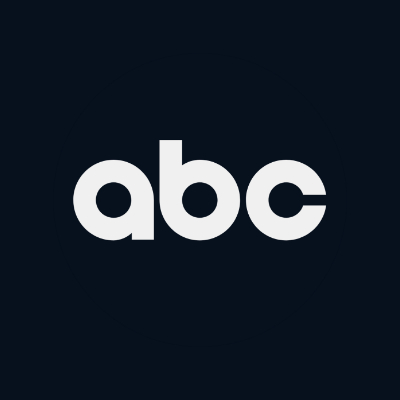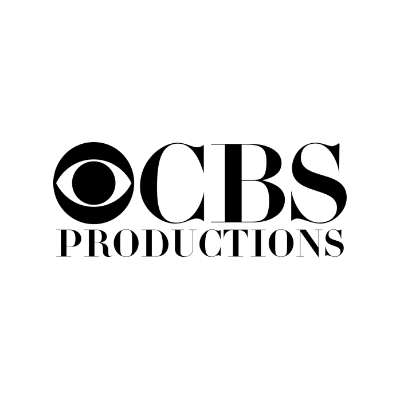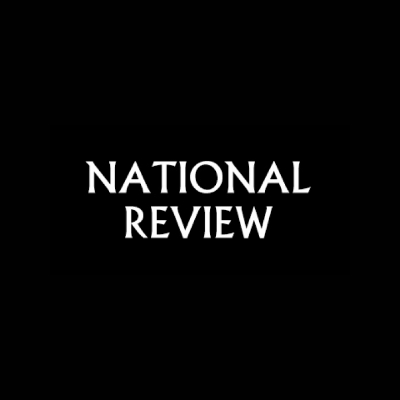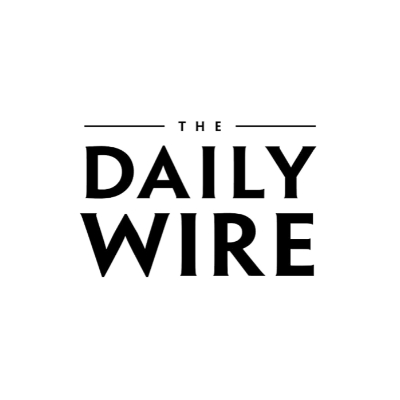How News Sources Portray Charter School Policies
This chart shows how major news sources across the ideological spectrum frame charter school policies, from left to right-leaning perspectives.
Becoming educated about media leanings helps readers account for biased news reporting and policy discussions to build informed opinions. Political leanings lend themselves to differing policy stances on issues such as charter schools, for example,
Charter schools refer to publicly funded, privately managed schools. The issue of whether they should be legally classified as public or private has grown over time as the politics of charter schools have grappled with what these schools are allowed to do within the bounds of their ‘charter,’ or contract.
Some topics of these debates include the legality of religious charter schools, the efficacy of education at charter schools compared to public and private schools, concerns about families needing alternative options as expressed in the School Choice Movement, and concerns about a potential increase in racial and economic segregation. Encompassed in the issue of charter schools is the effect of charter schools on public schools: critics worry that money given to charter schools would harm the public school system.
Republicans have typically expressed more support for charter schools than Democrats. This aligns with the Republican Party’s historical tendency to favor privatization strategies while the Democratic Party seeks to preserve government programs like public schools. Notably, while the parties in government express support for charter school policies, polls suggest that public opinion is not strongly supportive from either party. The Republican Party only has a comparatively more positive policy stance on charter schools.
In 2025, the U.S. Supreme Court was made to rule on the issue of whether a religious charter school was permissible under the religious clauses in the Constitution. The Oklahoma Supreme Court first ruled that it was not permissible, as it found that charter schools are public schools funded by the government and therefore must be separate from the church. The issue, brought to the fore by the Saint Isidore of Seville Virtual Charter School, was taken to the U.S. Supreme Court, which deadlocked 4-4 on the matter and, by default, upheld the Oklahoma Supreme Court’s ruling.
Religious schools that struggle with funding often seek to convert into charter schools to remain running. One concern contributing to the issue of religious charter schools for people who advocate for charter schools is the worry that permitting specifically religious charter schools would harm charter schools as a whole, as states would be less likely to support funding them.
The Democratic Stance on Charter Schools
The Democratic stance on education system programs is usually favorable, as Democrats are typically recognized to support government provision to ensure undiscriminatory access to the entire public. As a result, while the Democratic Party in the government supports charter schools as government-funded programs, many Democrats also have worries that charter schools could negatively impact the public school system by diverting funds, reducing the quality of public school resources.
Critics of charter schools also warn that charter schools could contribute to racial and economic segregation by attracting certain demographics. Racial and economic inequality are issues the Democratic Party is especially concerned with remedying, leading to further reason to be wary of charter schools.
A 2022 survey found that 56% of Democrats agreed with the statement, “Sending students to charter or private schools increases segregation among students,” compared to only 24% of Republicans. Interestingly, a 2024 Pew poll discovered that, compared to public and private schools, charter schools had the most racial and ethnic diversity during the 2021-22 school year. The student population in charter schools was 36% Hispanic, 29% White, 24% Black, and 4% Asian. In public schools, 47% of students were White, while 65% were White in private schools, each with smaller shares of Hispanic, Black, and Asian students.
In regard to economic segregation, the same Pew research indicated that a higher percentage of charter students (31%) than traditional public school students (21%) are enrolled at a school where more than three-quarters of their peers qualify for free or reduced-price lunch.
Politicians Who Oppose Charter School Rights
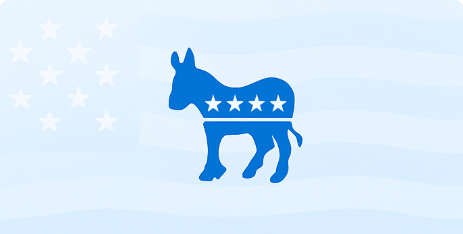
The Republican Stance on Charter Schools
Republicans have a more favorable approach to charter schools policy in conjunction with their advocacy for parent rights to school choice, less government control, and the principles of competition and innovation.
They appreciate the distinct strength of charter schools: namely, their capacity to adapt to new educational methods within the accountability of their contracts, rather than being limited by the time required to receive approval through the government. While charter schools are flexible, they must still meet certain requirements based on the charters that were approved by the government in order to receive funding, so they are responsible for the means by which they achieve results. This kind of ‘individual,’ or privatized, method is generally in line with Republican values.
Both the Democratic Party and Republican Party platforms express support for charter schools, although the Democratic platform does express some weariness about paying for for-profit charter schools, and advocates for increased oversight on charter schools to ensure that they are neither destabilizing public schools nor excluding students of color. Among voters, support for charter schools in 2019 appeared to be higher among Republicans; 61% of Republicans support the formation of charter schools, compared to just 40% of Democrats.
To see individual politicians’ stances on different policies, please visit the Politician’s Stance Tracker.
Politicians Who Support Charter School Rights
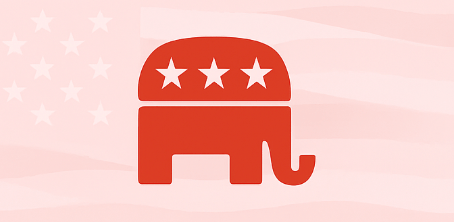
Policy on Charter Schools in the United States
The policy on charter schools varies between states, but on the whole, charter schools operate with a local focus to achieve the goals in their charters as agreed upon and funded by the government. Because they are run by local entities, they can quickly adopt new instructional frameworks and strategies without passing decisions through districts.
Charter schools offer open, free admission to the public, just like traditional public schools. Unlike traditional public schools, which must continue to accept students, they can have capped admission. Typically, a charter school can still admit students after hitting its capacity through a public lottery, but it is never allowed to discriminate or charge tuition.
Instead of charging tuition, charter schools receive public funding, although they are often permitted to raise and use private funding as well, since sufficient public funding is not always allocated. Policies on charter school funding differ from state to state.
Because charter schools straddle the line of ‘public’ and ‘private,’ holding qualities of both designations, their degree of affiliation with the government and the government’s degree of influence on their teaching is held in question. For example, charter schools in the United States are required to be nonsectarian, meaning they cannot be affiliated with a religion or provide religious instruction because public funds are not supposed to be used to support religious education. Religious private schools are legal because they are not publicly funded, but charter schools are typically not allowed to be religious.
A Brief History of Charter Schools Policy in the U.S.
The first charter school law came about in 1991 in Minnesota, although charter schools existed before then as well. Charter schools offered alternative free choices from traditional public schools for parents to have a say in what educational environment their children would learn in, as was advocated for in the School Choice Movement.
The District of Columbia and 45 states eventually implemented charter school policies. Over time, the movement has implemented more charter schools and the public has become more favorable toward these alternative education choices amidst ongoing debate.
What the Future Holds
Evolving regulations consider higher regulations and greater oversight, as well as more consideration for equity of access to students, although others argue for loosening restrictions to facilitate improvements in performance. The results of deliberations of charter school policies may depend on more conclusive information coming out about the efficacy of charter schools in achieving desired student outcomes.
Court cases in 2025 have affirmed the required nonsectarian status of charter schools in the United States. So long as charter schools are primarily characterized by their publicly funded status, it is likely that religious charter schools will remain illegal.
To unlock more data-driven insights into media bias, explore political leanings with research-backed tools, and customize your news feed around what matters most to you, sign up for a Biasly Premium News Membership.
































